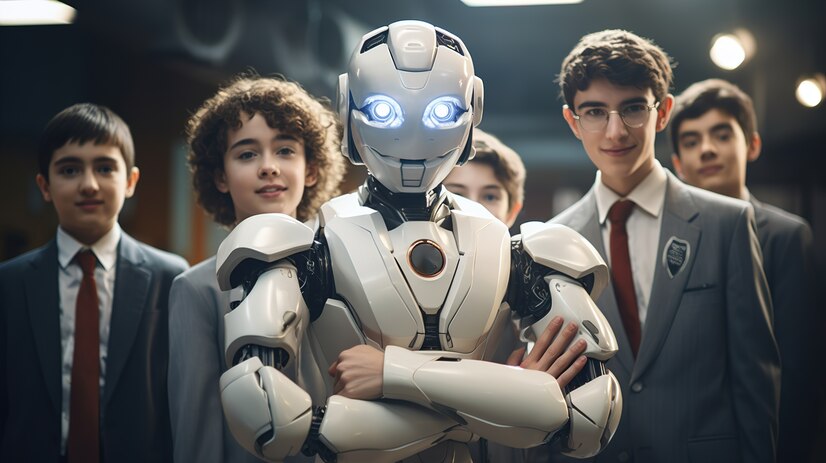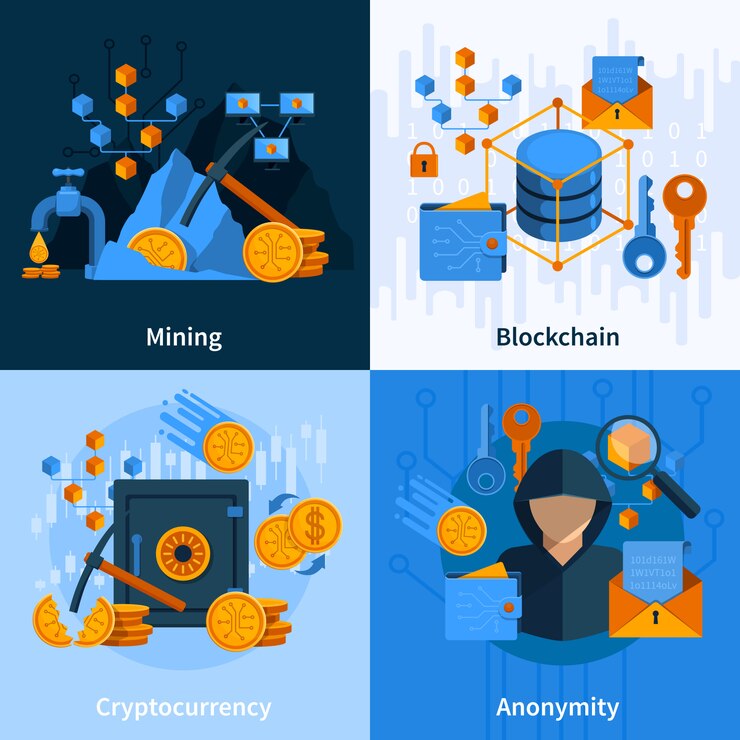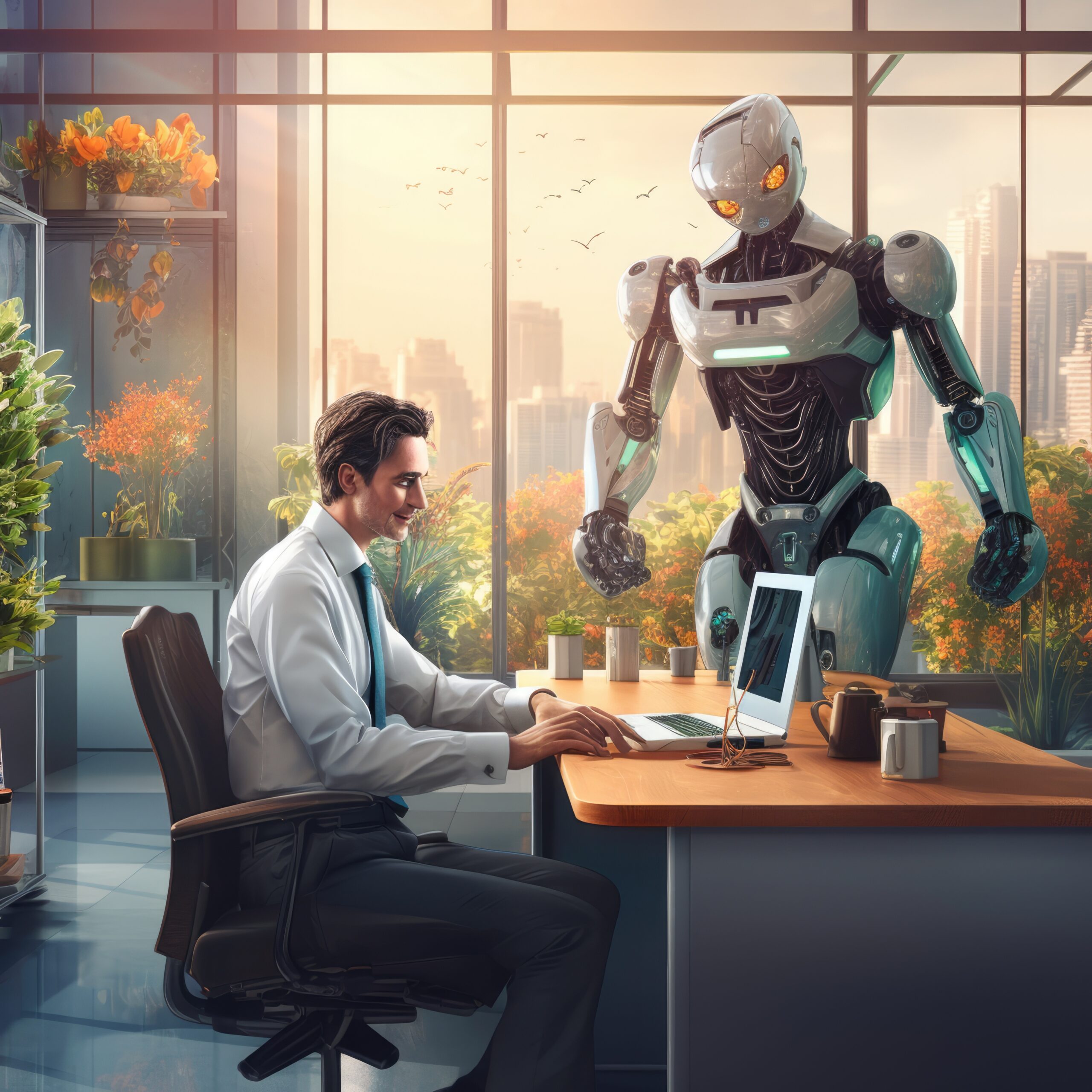Artificial Intelligence (AI) is no longer a futuristic idea confined to science fiction or research facilities. It has seamlessly blended into our routines, influencing how we engage with technology, make choices, and experience convenience. From virtual assistants to personalized recommendations, AI is reshaping numerous aspects of modern living, often without us even being aware.
AI in Virtual Assistants
One of the most noticeable ways AI enhances our lives is through digital assistants like Alexa, Siri, and Google Assistant. These AI-powered tools assist in setting reminders, answering inquiries, managing smart home devices, and even compiling shopping lists. By using natural language processing (NLP), they comprehend and respond to voice commands, making everyday activities more streamlined.
AI in Mobile Devices
Smartphones are equipped with numerous AI-driven functionalities. Facial recognition ensures secure access, while predictive text and autocorrect refine communication. AI-empowered cameras enhance lighting, detect environments, and elevate picture quality. Furthermore, virtual assistants in mobile devices provide tailored suggestions based on user behavior, making interactions smarter and more user-friendly.
AI in Social Networking
Platforms like Instagram, Facebook, and TikTok harness AI algorithms to deliver content suited to personal preferences. By analyzing user interactions, behaviors, and interests, AI recommends relevant posts, videos, and advertisements. This ensures that users remain engaged with content that aligns with their interests.
AI in Online Shopping
E-commerce has been revolutionized by AI, offering personalized product suggestions, chatbot-driven customer support, and fraud detection. Retail leaders like Amazon and eBay utilize AI to recommend items based on browsing habits and purchase history. AI-powered chatbots enhance customer service by resolving queries and providing assistance, improving the overall shopping experience.
AI in Healthcare
AI has made remarkable contributions to the healthcare sector. AI applications aid doctors in diagnosing illnesses, predicting outbreaks, and suggesting treatments. Wearable gadgets such as smartwatches monitor health parameters, identify irregularities, and provide real-time insights. AI-powered telemedicine solutions also make healthcare more accessible by enabling remote consultations with medical professionals.
AI in Transportation
AI plays a crucial role in navigation, helping commuters choose the best routes while avoiding traffic congestion. Ride-hailing services like Uber and Lyft employ AI to optimize pricing and predict demand. Additionally, autonomous vehicles, powered by AI, are under development to improve road safety and minimize human errors.
AI in Financial Services
The financial industry relies extensively on AI for fraud prevention, risk evaluation, and automated trading. AI-driven chatbots assist customers with banking transactions, while predictive analytics help detect fraudulent activities. Robo-advisors offer customized investment guidance based on financial objectives and market conditions, making investment opportunities more accessible.
AI in Smart Homes
AI-driven smart home devices such as security cameras, lighting systems, and thermostats boost convenience and energy efficiency. AI learns user habits and automates home functions accordingly. For example, smart thermostats regulate temperatures based on occupancy, while AI-enhanced security systems detect unusual activities and send instant alerts.
AI in Education
AI is transforming education through adaptive learning platforms, virtual tutors, and automated grading systems. AI tailors learning experiences to individual styles, offering customized resources and feedback. Additionally, AI-powered language translation tools facilitate global education by eliminating communication barriers.
The Future of AI in Daily Life
As AI technology continues to progress, its role in our everyday existence will become even more seamless. AI-driven innovations will boost efficiency, productivity, and decision-making across different sectors. However, ethical concerns regarding data privacy, biases, and job automation must be addressed to ensure responsible AI implementation.
Conclusion
AI is no longer a futuristic dream but a fundamental part of our lives. From automating routine tasks to revolutionizing industries, AI continuously shapes how we live, work, and engage with our surroundings. As AI advancements continue, adopting this technology responsibly will pave the way for a more intelligent and efficient future.



